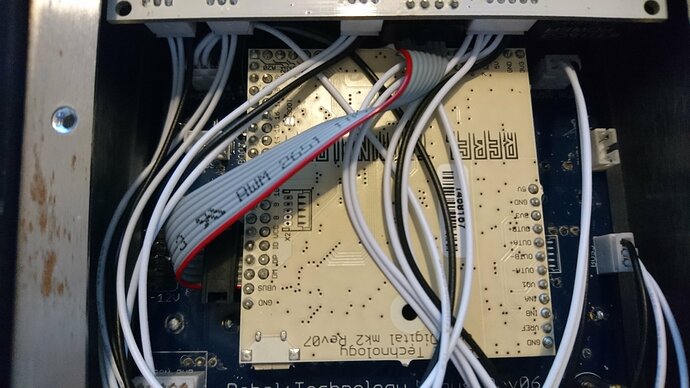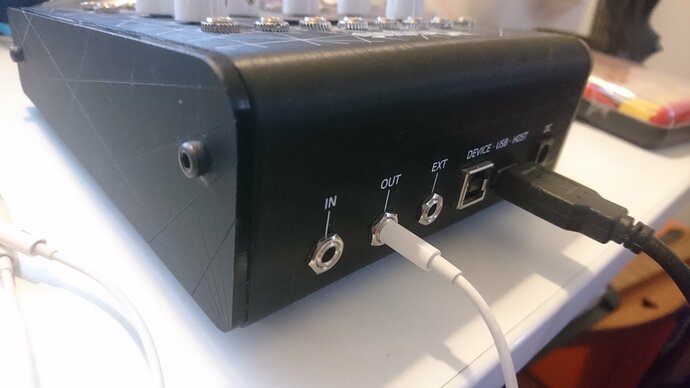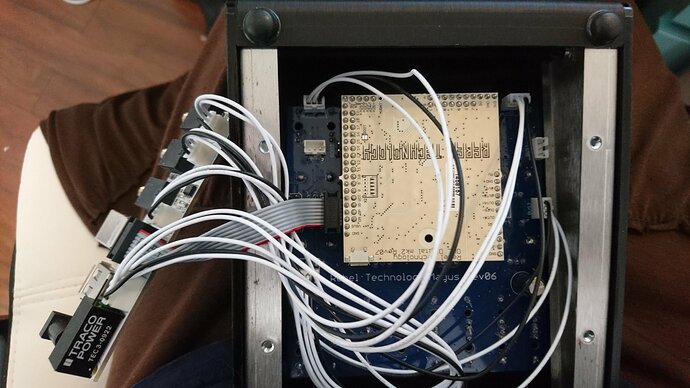There’s no separate repo for this, it’s been added to bootloader project itself. Just not distributed to end users yet. Bootloader itself is built similar to Magus firmware. So what you should do:
-
Build MidiBoot with USE_IWDG enabled in MidiBoot/Inc/hardware.h
-
Build whatever firmware you want to use for Magus with USE_IWDG enabled in Magus/Inc/hardware.h . Not doing this would cause your device to return to bootloader - for watchdog there’s no difference between device that just hangs or is built without this option.
And you’ll have to do your own research for using openocd. MidiBoot has all the necessary commands in its Makefile, but something may need tweaking in openocd config. IIRC, my Chinese clones of ST-Link don’t have a working reset andt require commenting out this line in openocd config: https://github.com/pingdynasty/OpenWare/blob/master/Hardware/openocd.cfg#L10



 Teeth are not recommended, because device warranty won’t cover potential dental damage.
Teeth are not recommended, because device warranty won’t cover potential dental damage.